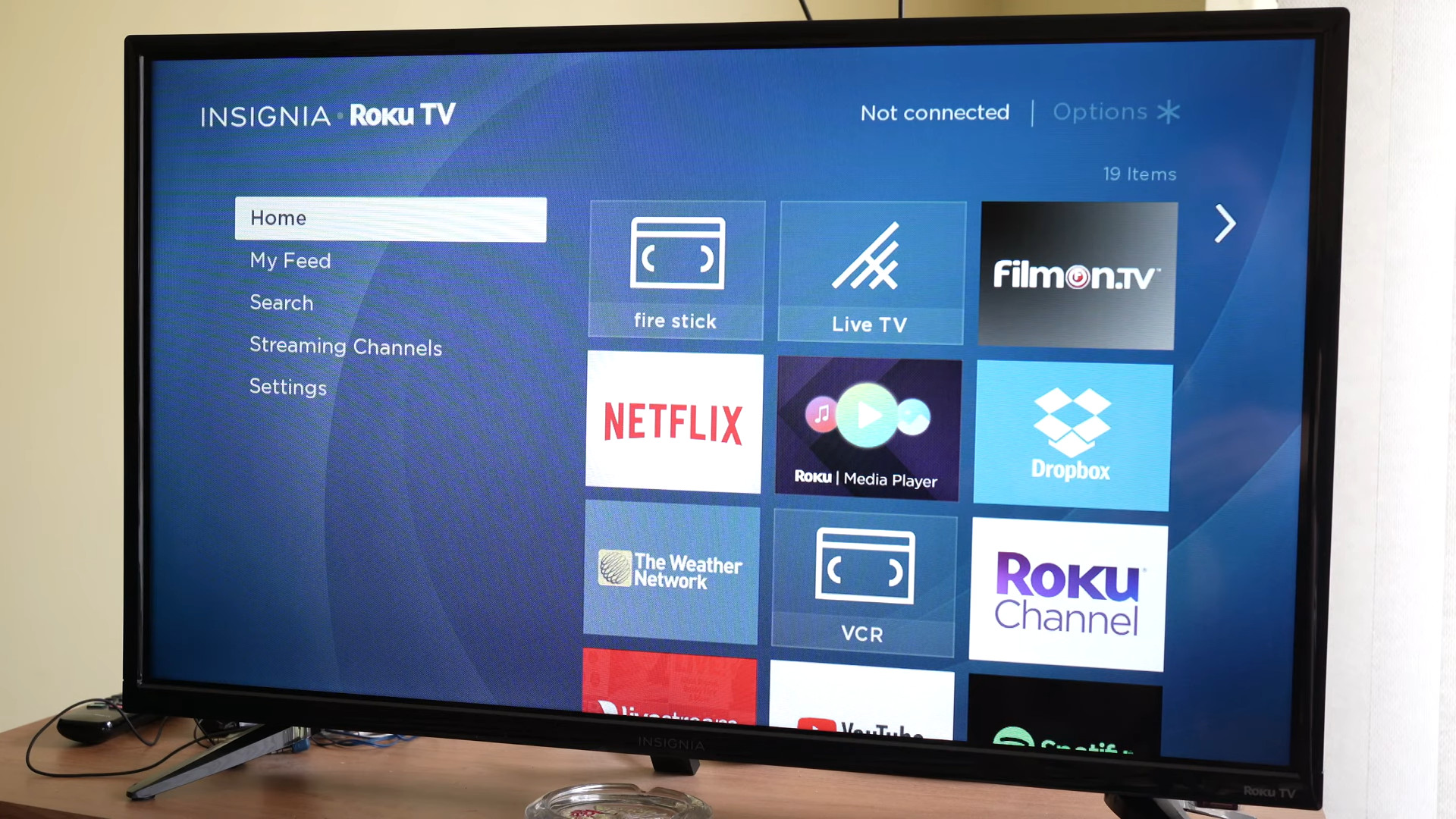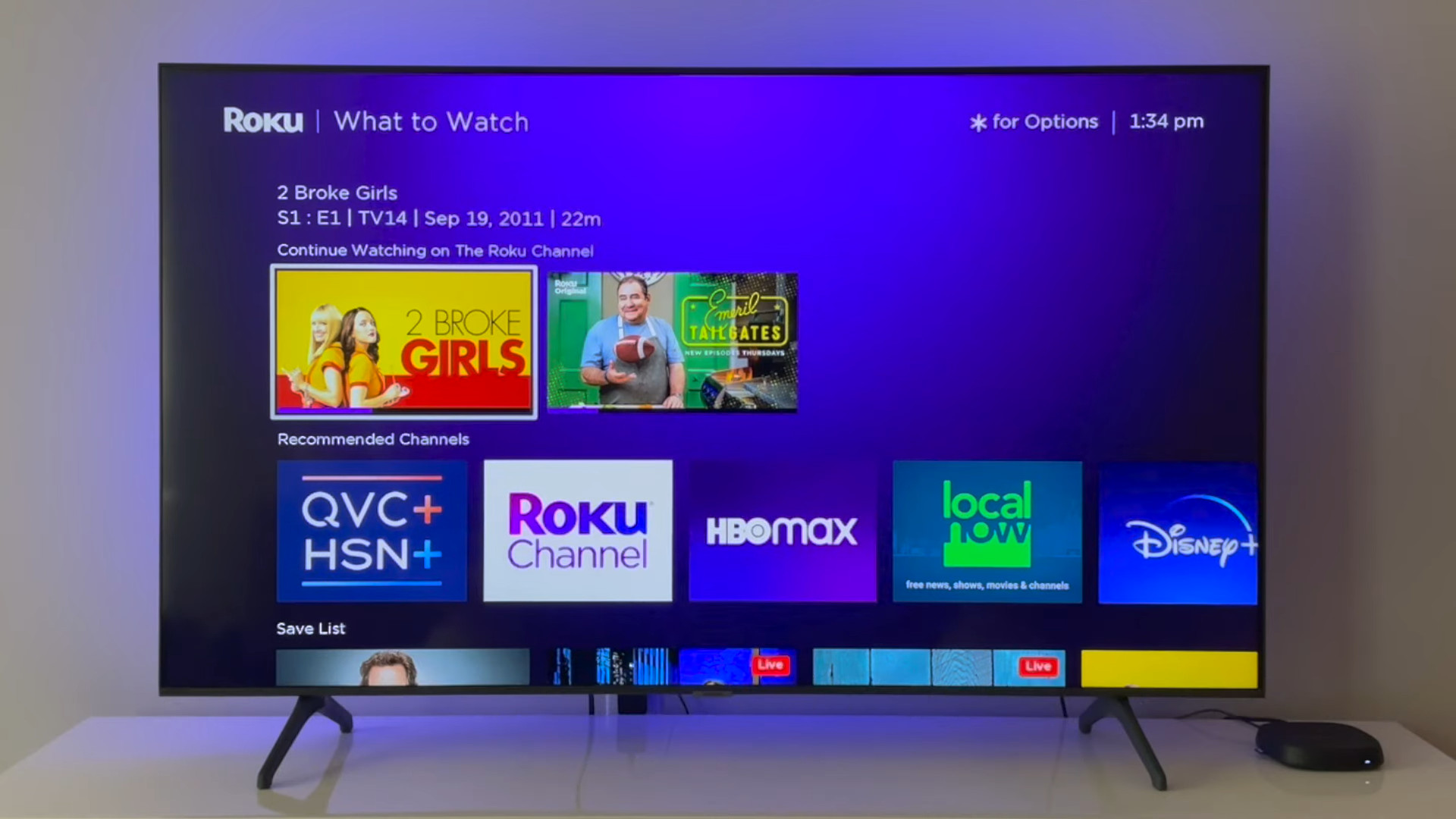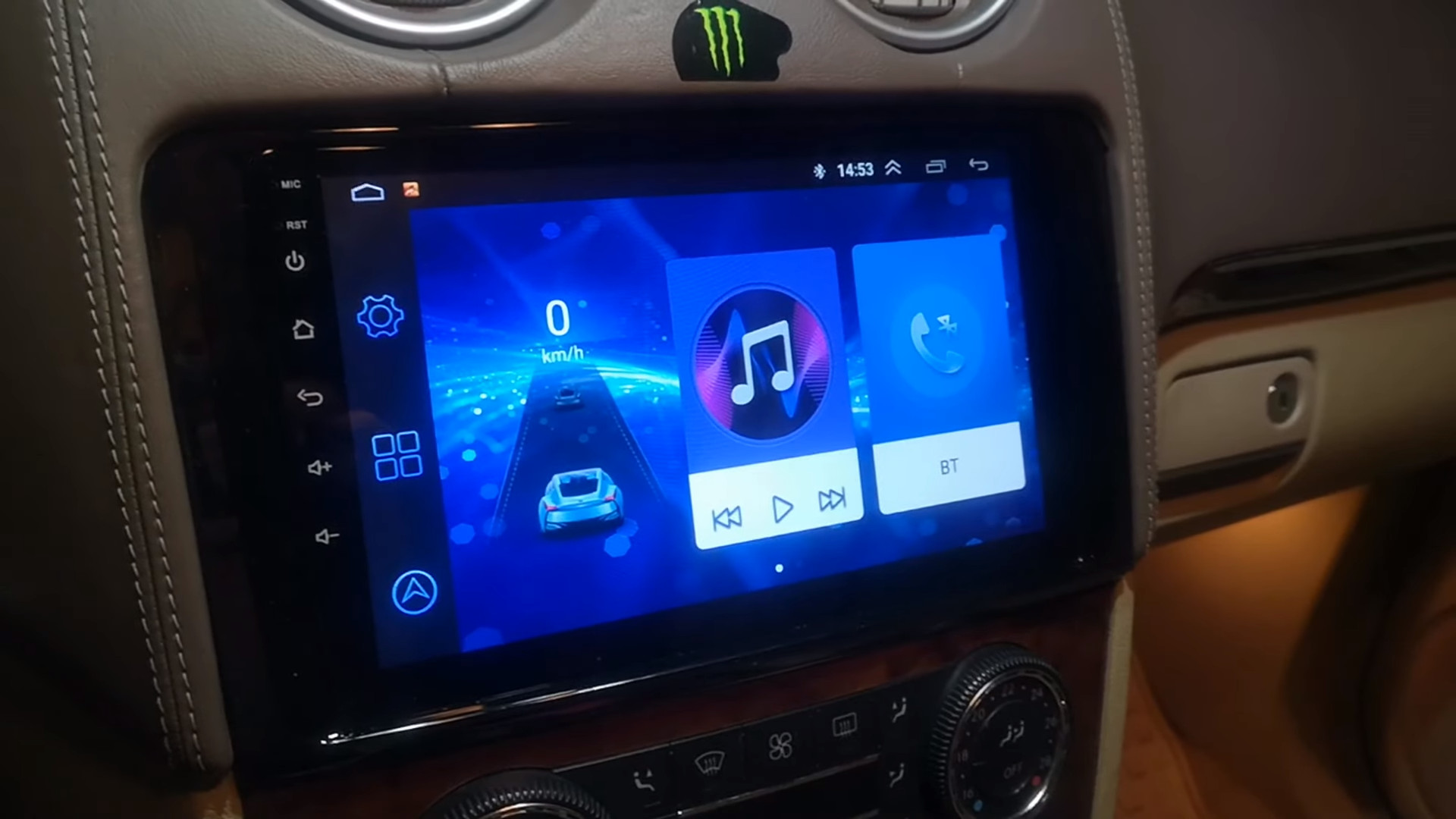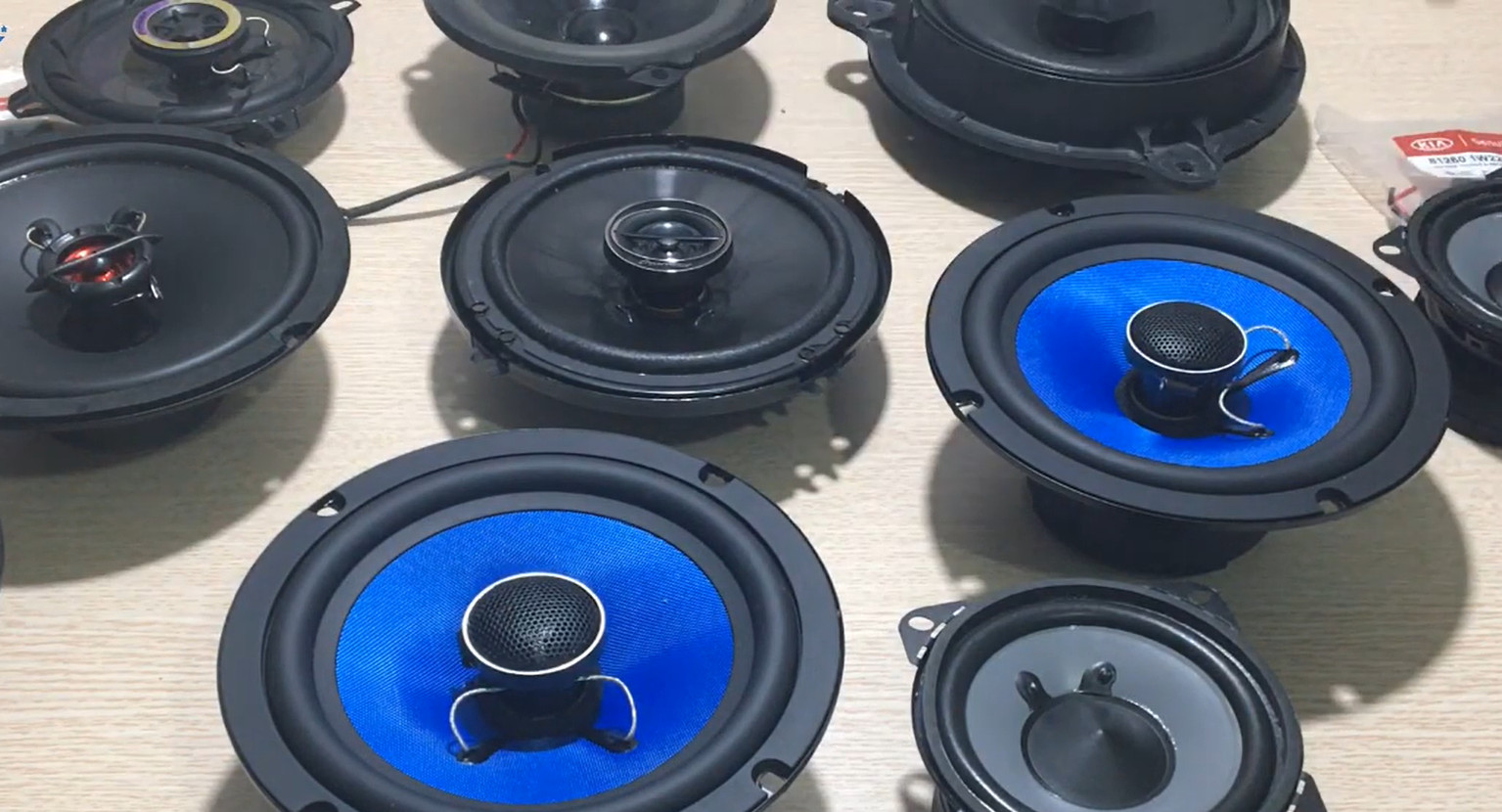IPX4 Vs IP55: Which one is better to choose?
IPX4 and IP55 are essential and popular indicators to assess the water and dust resistance levels in today’s electronic devices. Understanding what these parameters mean makes you find a high-quality product for your needs.
What are the main differences between IPX4 vs. IP55? Which would be better?
IPX4 is often available for waterproof standards in headphones and many other smart devices. Meanwhile, IP55 will usually be more towards dust resistance.
For more details, keep reading the comparisons below!
Contents
What Is IP Rating?
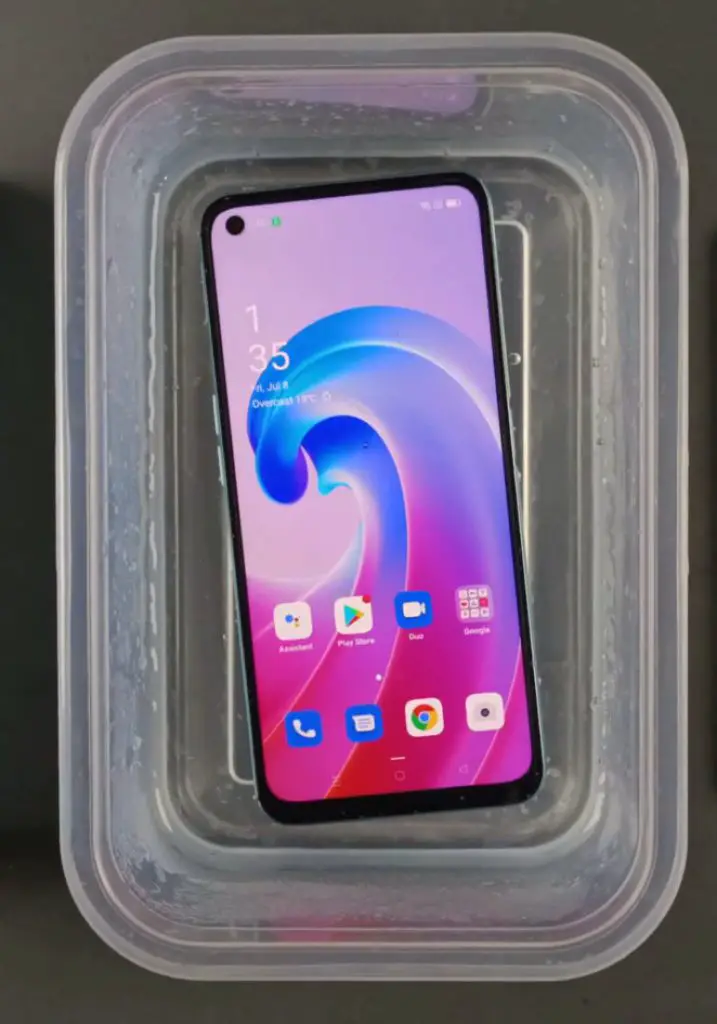
IP stands for National Electrotechnical Commission organization.
The IP rating is a measurement and scoring system for electronic devices’ resistance to water, abrasion, and other peripheral factors worldwide.
It includes multiple levels and involves racks, connectors, patch panels, and cabling. The manufacturer and a consulting firm will conduct IP tests.
Some common solvents in the tests are oil, fresh water, and seawater.
This scoring system has been around the world for decades. It is the output standard for all electronic equipment that reputable manufacturers make.
IPX4 Overview

IPX4 is the standard IP rating used to evaluate the quality of headphones and many other electronic devices.
Devices that pass this test offer mild water resistance. In other words, it can work well in wet conditions such as light rain, water, and other cases.
It cannot guarantee waterproof for devices that are deeply immersed in water.
Therefore, with higher waterproof requirements, versions with IPX7 or IPX8 standards are the perfect suggestion.
Overall, it is an excellent solution for essential waterproofing, such as exposure to sweat or water in the bathroom.
On the other hand, this standard is also practical in the low price range for easier access. I experienced a few versions with this basic standard.
Even my current headset, which has an ipx4 waterproof standard, has lasted for about 3 years with all my daily activities.
Related: IPX7 Vs IP67
IP55 Overview
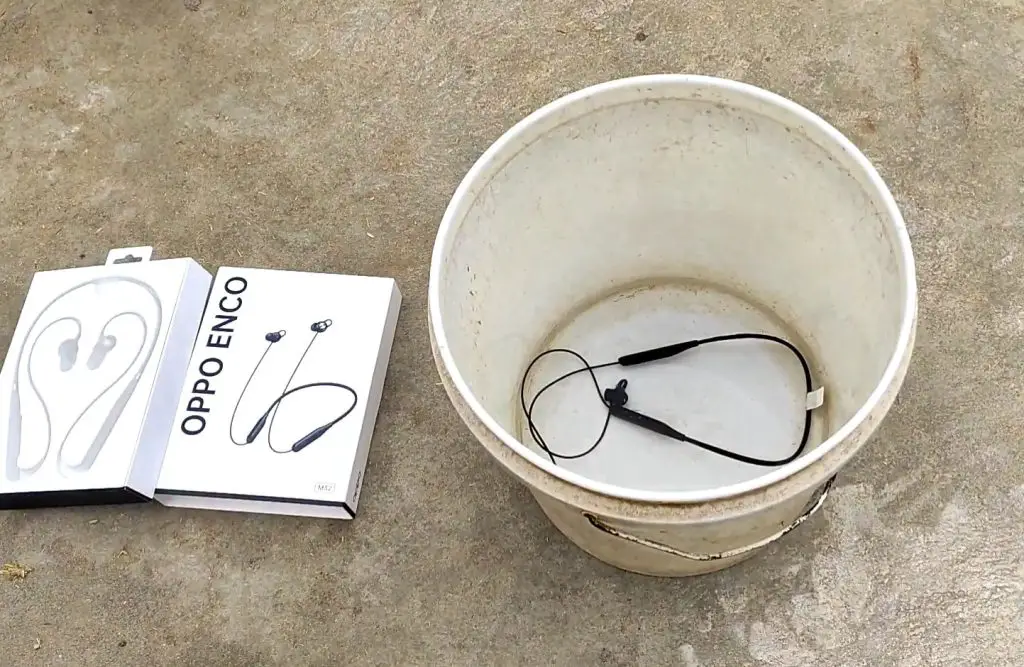
IPXX is a common designation for determining the level of waterproof and other liquids ingress.
The first X will measure how resistant to dust or solid ingress your device is. Thus, products that meet IP55 standards will have relatively good resistance to dust and water at 5 points on a scale of 0-8.
This standard protects your device from most common specks of dust and provides essential water resistance. Similar to IPX4, this score is not enough for you to submerge your phone deep in water or in fine dust.
IP55 is a necessary high average standard. It greatly supports the operation of the device and makes the sound quality more vivid.
IPX4 vs. IP55: What Is The Difference?
As a part revealed above, these two parameters have many differences. So, how do we distinguish them? My comparison below will answer all your questions.
Waterproof
The IPX4 rating objectively assesses the water-resistance of any electronic device. The number of points that a product meets this waterproof standard is 4.
The last 5 in IP55 illustrate waterproof. So, the water-resistance of devices with this standard is theoretically significantly higher.
Although there is a difference in scores, through experience with many technology products, I think that this gap is not too significant in reality.
Related: IP68 Vs IPX8
Dustproof
Dust resistance is the typical strength of IP55. This rating helps protect your product from harmful dust particles in nature.
However, it is not meant to be completely dustproof. In many recent studies, its performance is unsuitable for good dust resistance.
IPX4 does not include dust resistance. The X part refers to solid dust resistance and ingress resistance. But unfortunately, in this standard, the manufacturer does not check those aspects.
So, in this respect, this certificate almost completely fails compared to IP55.
Anti-intrusion
IP55 means better anti-intrusion. Meanwhile, at IPX4, products are usually not resistant to intrusion.
If this is an essential aspect to you, IP55 is the standard you should go for.
| IPX4 | IP55 | |
| Waterproof | Less waterproof | Better water resistance |
| Dustproof | Not dustproof | Better dustproof |
| Anti-intrusion | Not anti-intrusion | Better anti-intrusion |
Quick Rundown Of IPX4 vs. IP55
IPX4
Pros
- Effective waterproof standard
- Good price
- User friendly.
- Easy to recognize
Cons
- Not dustproof
IP55
Pros
- Basic dust protection standards
- Good anti-intrusion
- Basic waterproof for the device
- User-friendly
Cons
- Performance is not so impressive
Which One Should I Choose?
IPX4 or IP55 are necessary standards for assessing water resistance, ingress, and dust resistance. If you want to use your device comfortably in the shower or expose yourself to sweat while exercising, the IPX4 is ideal for what you want.
Even with light rain and wet weather, products that exceed this standard can still function properly. With more extreme water conditions like heavy rain and flooding, you need a higher water resistance standard.
The IP55 rating is the ideal recommendation if you are constantly exposed to both water and dust on the street.
It allows dust resistance at the most stable level for a long time. As long as the space you experience is not too harsh, devices with this standard can handle it.
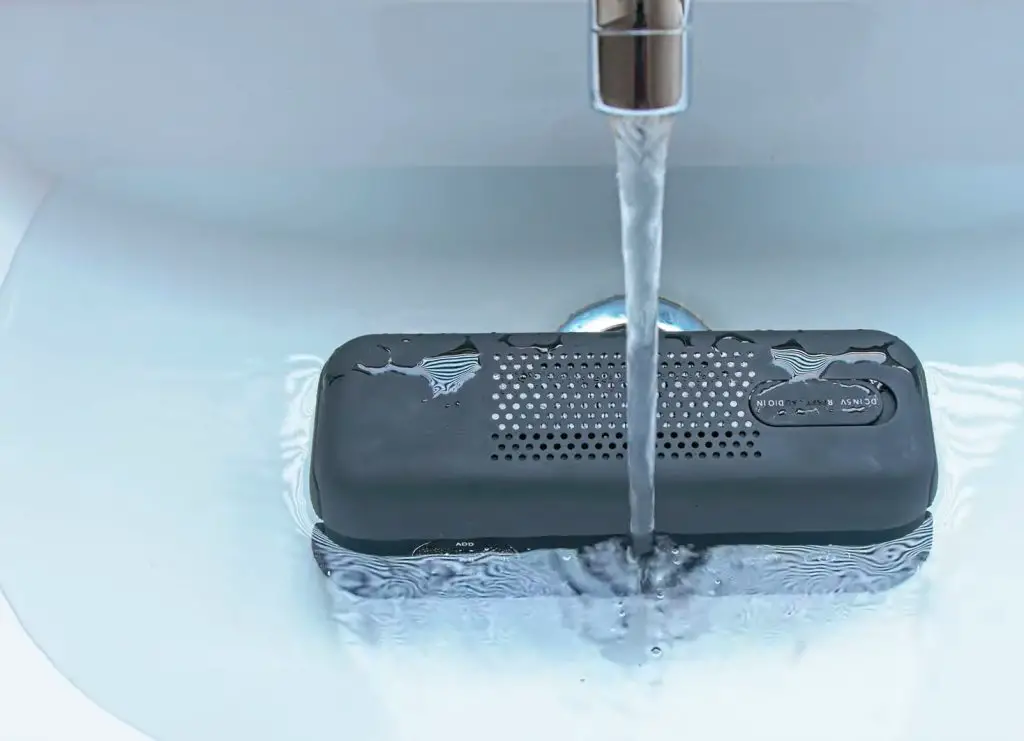
Conclusion
This article summarizes the similarities and differences between IPX4 vs. IP55 that you should refer to.
Hopefully, the information above will help you find a device with practical waterproof, anti-intrusion, or dustproof standards.
With the requirement of simple water resistance at a light level, the IPX4 standard is the best suggestion. If you want good dust resistance, look for a device with an IP55 rating.
The larger the number behind the IP letters, the better the waterproof or dustproof performance.
Make sure you read my complete comparison, then make the right choice.
Thank you for reading!

